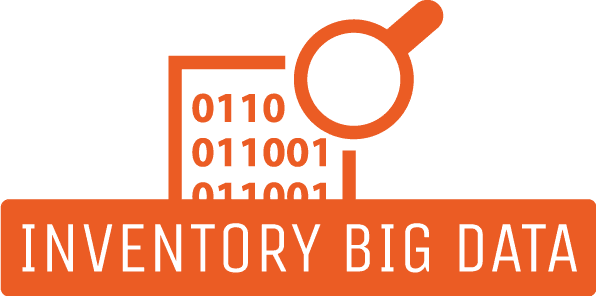Supply Chain Glossary – E Letter
Description
- E-commerce: E-commerce refers to online buying and selling of goods and services, impacting supply chain logistics and digital marketing.
- Economic Order Quantity (EOQ): EOQ is the optimal order quantity that minimizes total inventory costs, balancing holding and ordering costs.
- EDI (Electronic Data Interchange): EDI is the electronic exchange of business documents between trading partners, streamlining communication in supply chains.
- End-to-End Visibility: End-to-end visibility provides real-time tracking of products and information throughout the entire supply chain.
- Enterprise Resource Planning (ERP): ERP systems integrate business processes and data across an organization, enhancing efficiency and data consistency.
- Environmental Sustainability: Environmental sustainability focuses on reducing the environmental impact of industrial and supply chain operations.
- Excess Inventory: Excess inventory refers to surplus stock beyond what is needed for immediate demand, increasing holding costs.
- Expedited Shipping: Expedited shipping is a fast delivery option used to meet urgent customer demands.
- Exponential Smoothing: Exponential smoothing is a forecasting technique that assigns different weights to historical data points to make predictions.
- Electronic Shelf Label (ESL): ESLs are digital price tags used in retail to update prices and information remotely.
- Energy Efficiency: Energy efficiency aims to reduce energy consumption in industrial facilities to lower costs and environmental impact.
- Ethical Sourcing: Ethical sourcing involves procuring materials and products from suppliers that adhere to ethical and sustainable practices.
- Ergonomics: Ergonomics focuses on designing workspaces and equipment to improve worker comfort and productivity.
- Error Rate: Error rate measures the frequency of mistakes or inaccuracies in industrial and supply chain processes.
- Extranet: An extranet is a private network that connects a company with its suppliers, customers, and other external partners for data sharing.
- Efficiency Metrics: Efficiency metrics evaluate the productivity and resource utilization in various industrial and supply chain activities.
- Economic Value Added (EVA): EVA is a financial metric that assesses a company’s financial performance by subtracting the cost of capital from net profit.
- E-tailer: An e-tailer is an online retailer that sells products directly to consumers via e-commerce platforms.
- Export Compliance: Export compliance ensures that products comply with laws and regulations when crossing international borders.
- Error-Proofing: Error-proofing involves implementing measures to prevent errors and defects in production processes.
- Equipment Maintenance: Equipment maintenance is the practice of keeping machinery and assets in optimal working condition.
- Excess Capacity: Excess capacity refers to unused production capacity that can be leveraged to meet increased demand.
- Early Supplier Involvement (ESI): ESI involves suppliers participating in product development and design processes.
- Environmental Management System (EMS): EMS is a framework for managing environmental impact and sustainability efforts within organizations.
- End-of-Life (EOL) Product: EOL products are items that have reached the end of their useful life and may be retired or disposed of.
- Economic Modeling: Economic modeling uses mathematical and statistical techniques to analyze economic and supply chain trends.
- Electronic Funds Transfer (EFT): EFT is the electronic transfer of money between bank accounts, commonly used in financial transactions.
- Error Handling: Error handling involves procedures for identifying, reporting, and rectifying errors in industrial and supply chain processes.
- Expiry Date: An expiry date is the date when a product is no longer safe or effective to use, crucial for managing perishable items.
- Environmental Impact Assessment (EIA): EIA assesses the potential environmental consequences of industrial projects or operations.
- E-commerce Platform: An e-commerce platform is a software solution that facilitates online sales and order processing for businesses.
Additional information
| Publication | |
|---|---|
| Department | Supply Chain |






